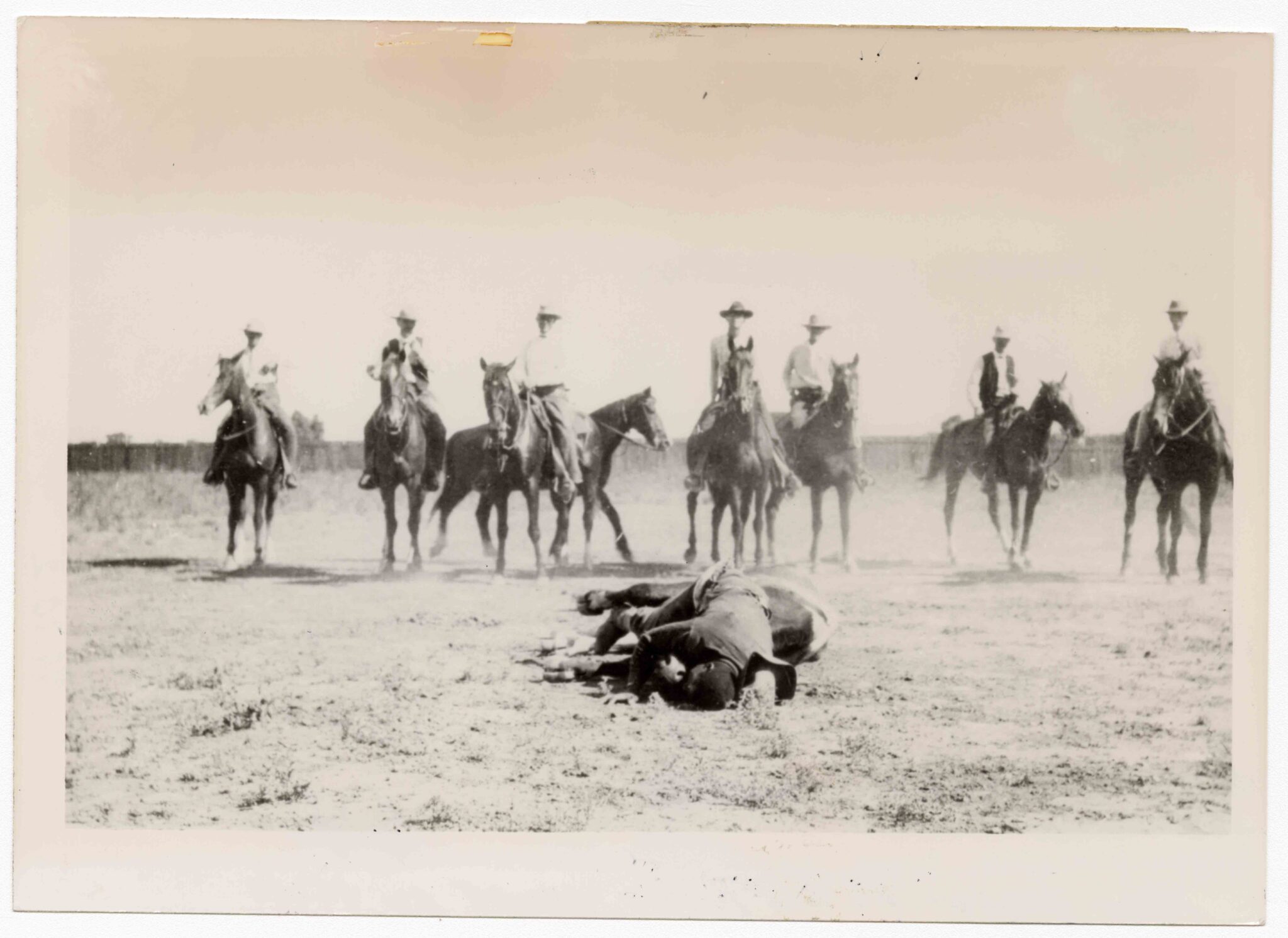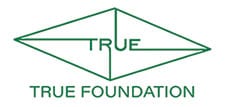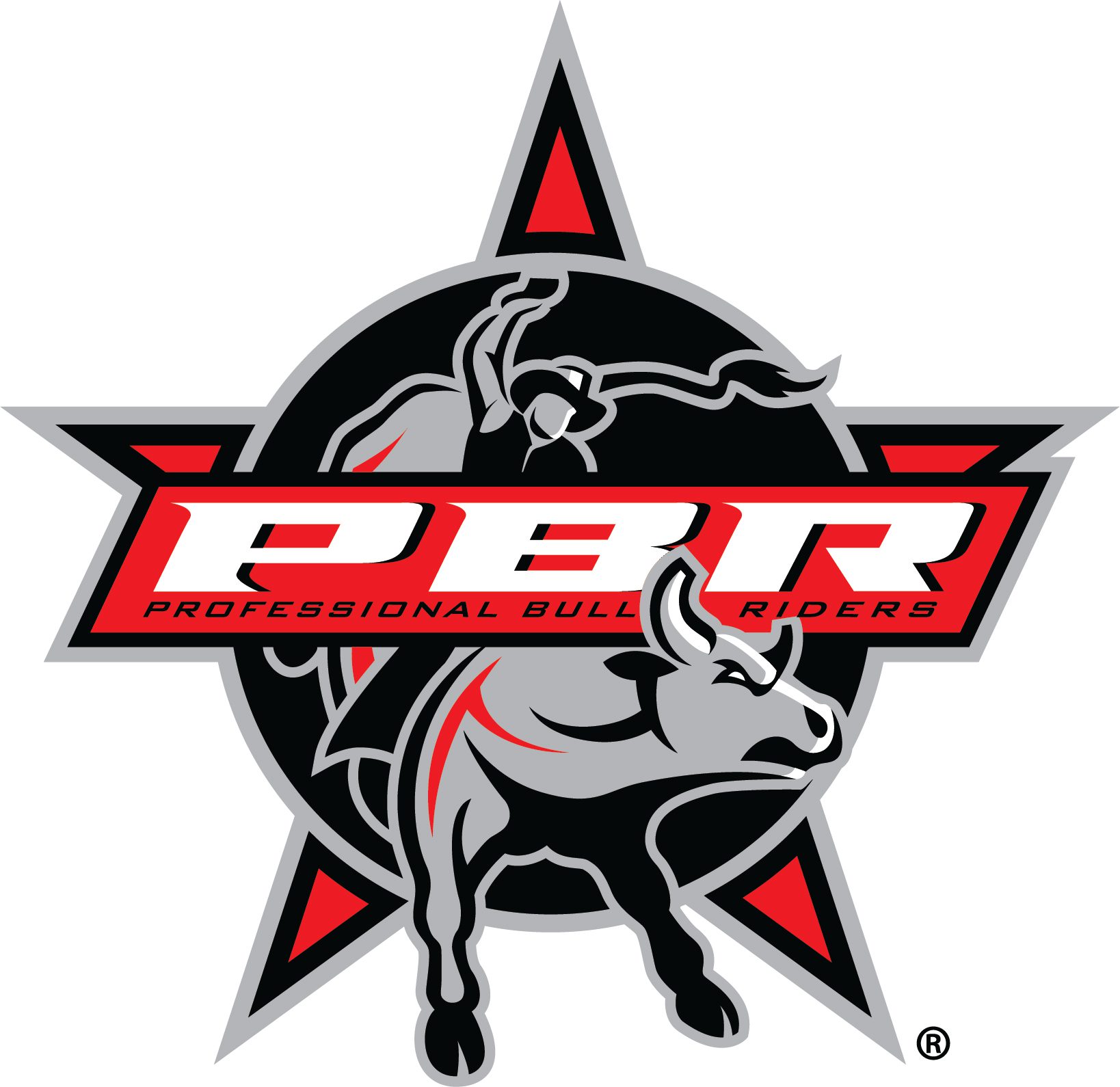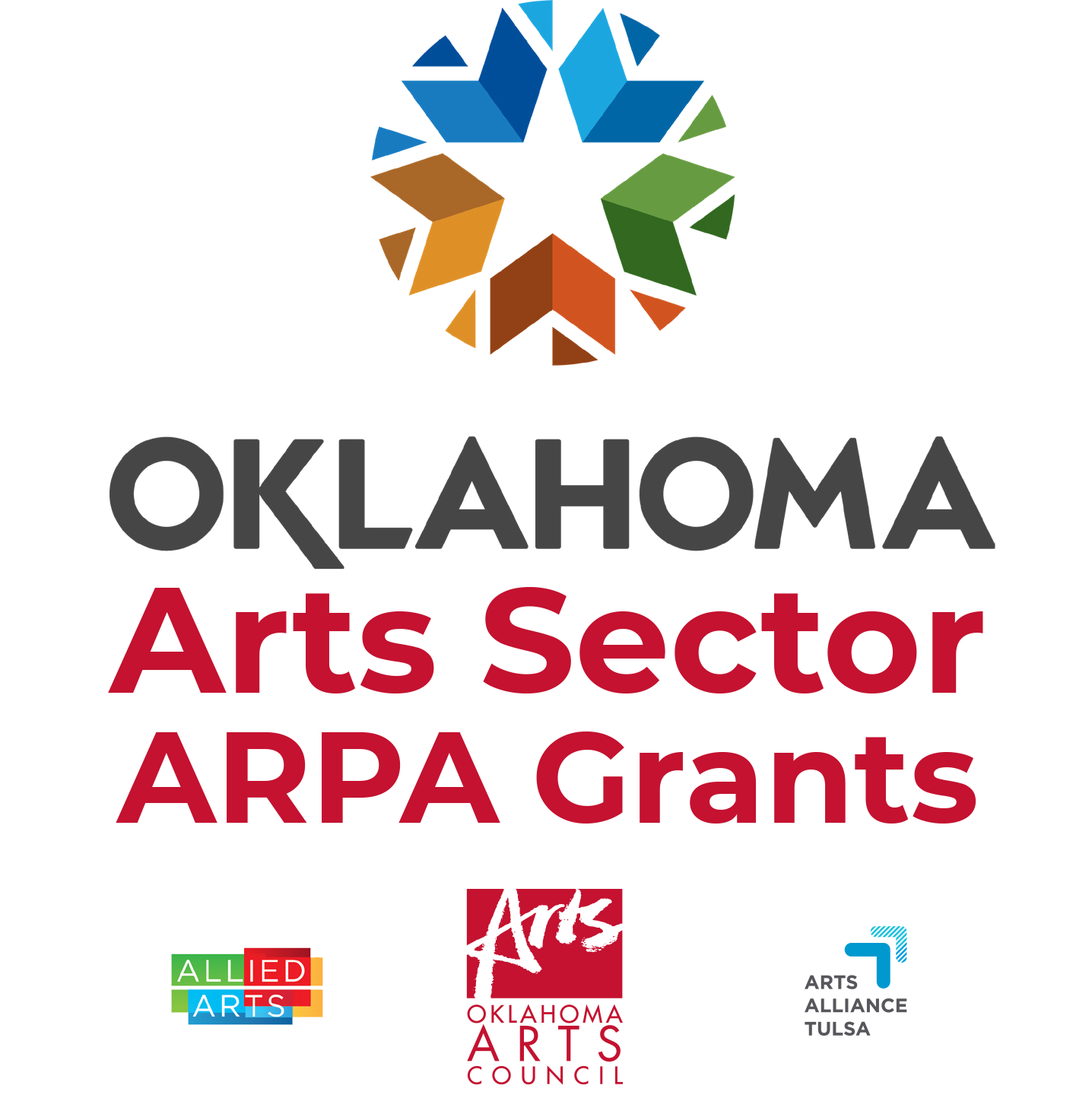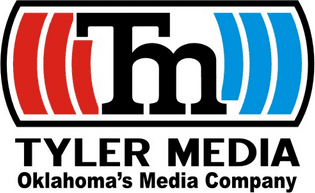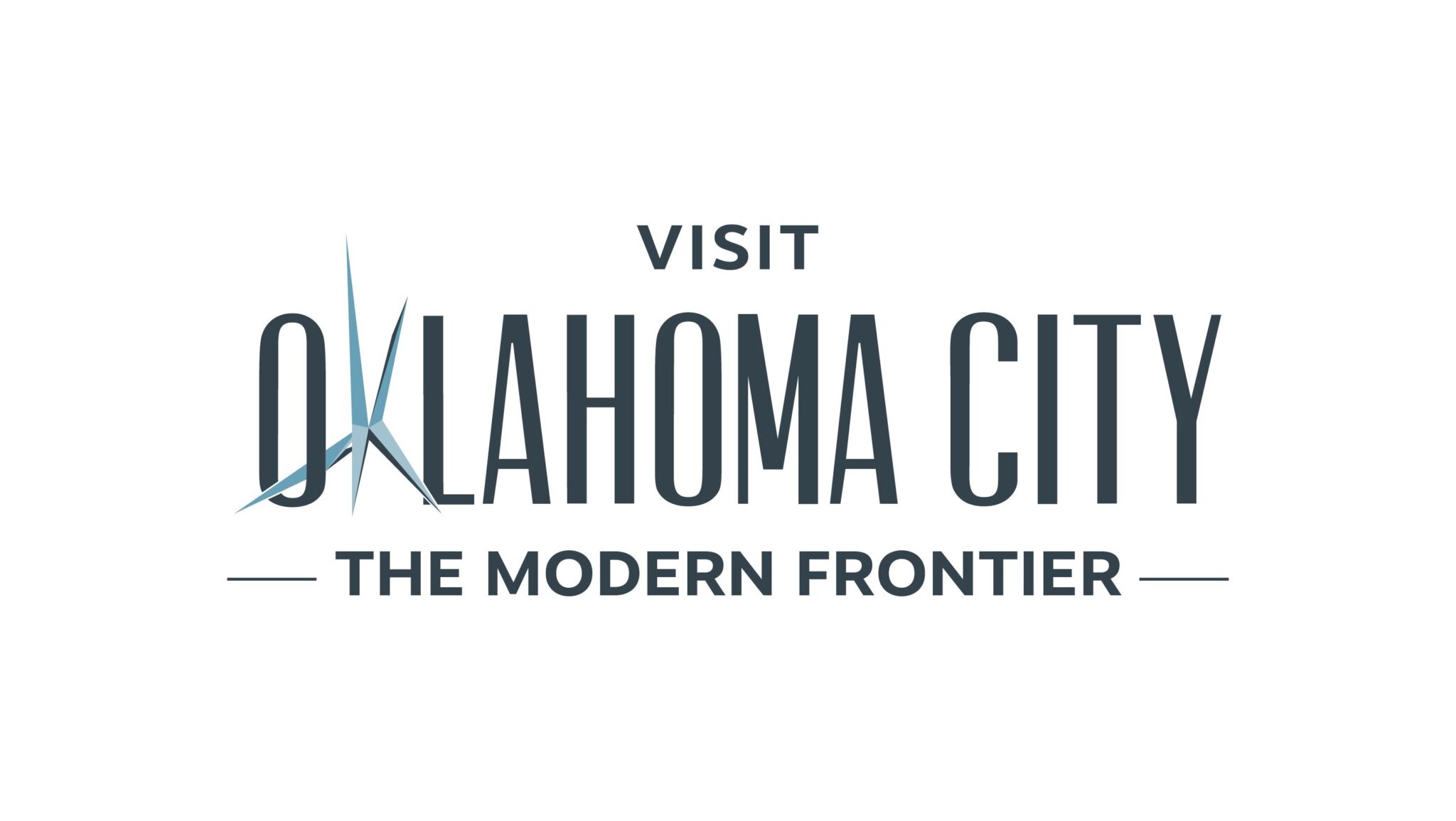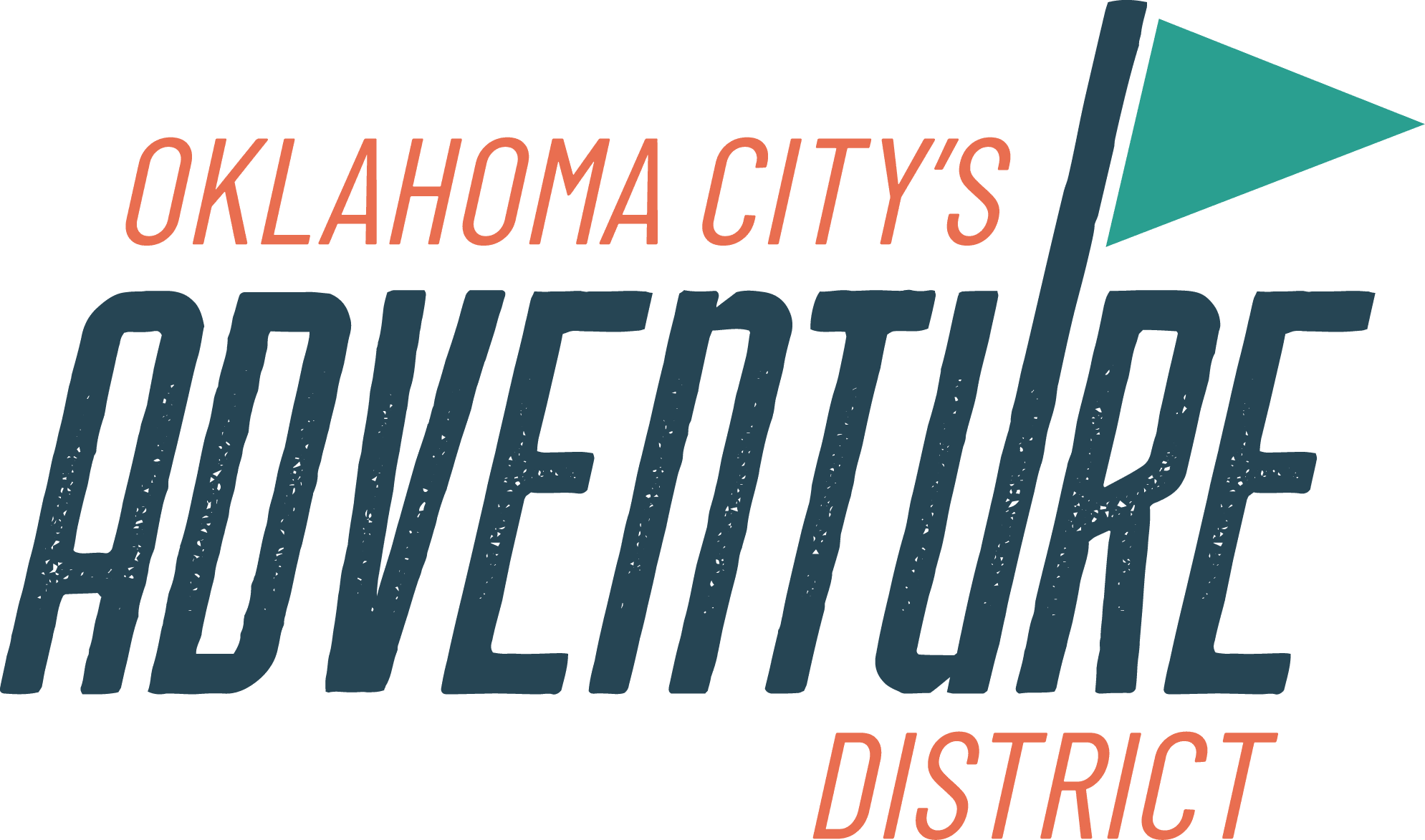Would you ever bite a bull on the nose? Would you wrestle a steer? No…? What if I told you this was an actual event in every rodeo called, “bulldogging” invented by the great cowboy Bill Pickett!
William “Bill” Pickett was born in Travis County, Texas in 1870. He and four of his brothers, B.W., J.J., C.H. and B.F founded the ‘Pickett Brothers Bronco Busters and Rough Riders.’ Their specialty was taming wild cattle!
Bill Pickett’s technique was to grab a steer by the horns, twist its head up and then bite its nose or lower lip. The Pickett brothers had learned this technique from watching herding dogs control steers. Later, cowboys wouldn’t necessarily bite the steer anymore, but would rather use momentum to twist and throw the steer.
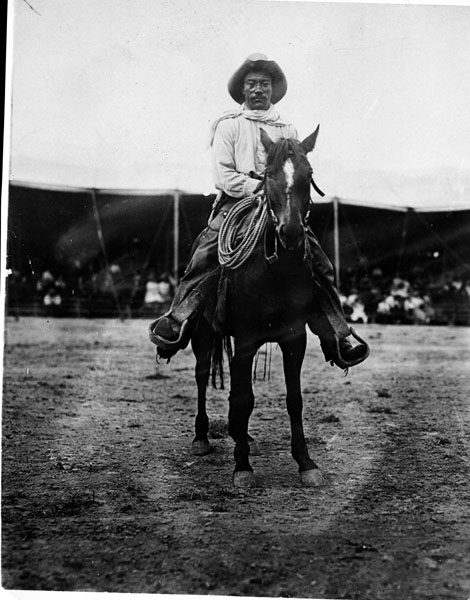
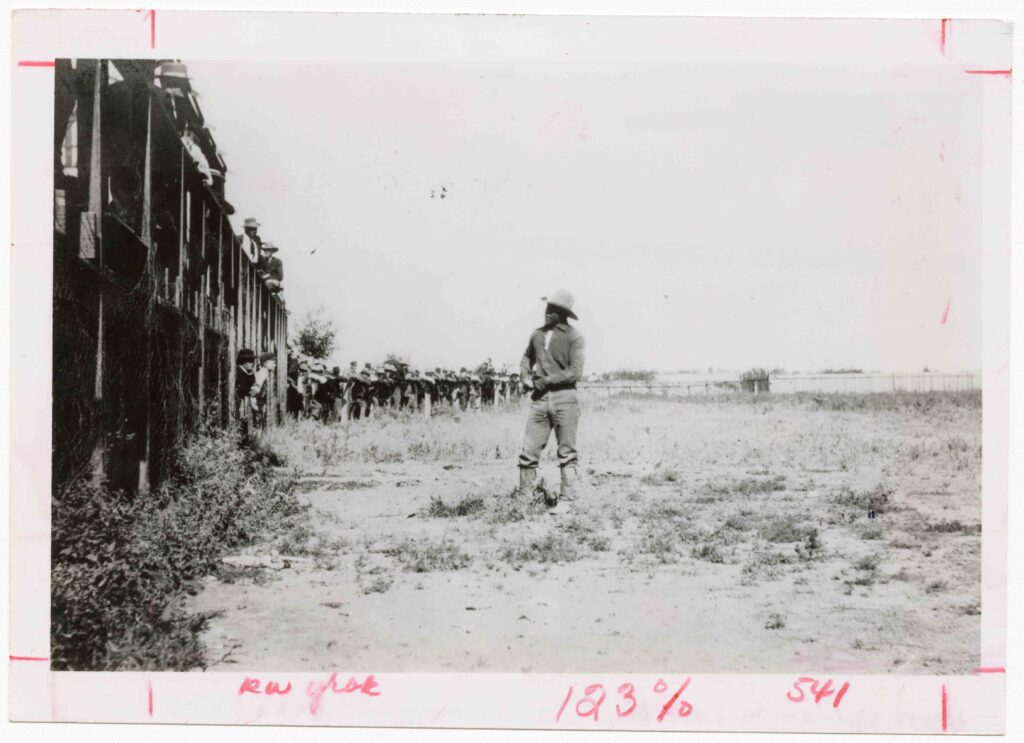
Pickett competed in his first rodeo in 1888 and was quite popular by the early-twentieth century. He joined the Miller Brothers 101 Ranch and Wild West Show in 1905 and was involved there for over 25 years.
Pickett starred in several movies and is considered to be the first African American cowboy movie star. He appeared in Crimson Skull (1921) and The Bull-Dogger (1923); both of which were filmed in Oklahoma for the Richard E. Norman Studios from Jacksonville, Florida. These were silent films. Click HERE to see a short clip from the film.
Bill Pickett passed away due to a head injury from a horse accident on April 2, 1932, at the 101 Ranch. “The accident occurred while Pickett was working with horses, Ranch employees stated Wednesday afternoon. After roping a horse and tying the rope to his saddle-horn, Pickett dismounted. He became entangled in the rope and was thrown to the ground and under the feet of the broncho.” (The Ponca City News, March 23, 1932) His funeral service was held on the steps of the ranch White House at the 101 Ranch, and he was buried near the White Eagle Monument.
A few decades later, Bill Pickett would become the first African American cowboy to be inducted into the Cowboy Hall of Fame in 1972. He was inducted into the ProRodeo Hall of Fame in 1989.
His photo appeared on a United States postage stamp in the 1990s.
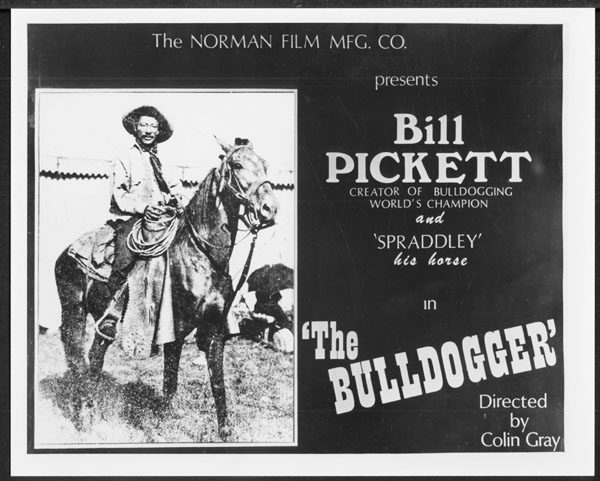
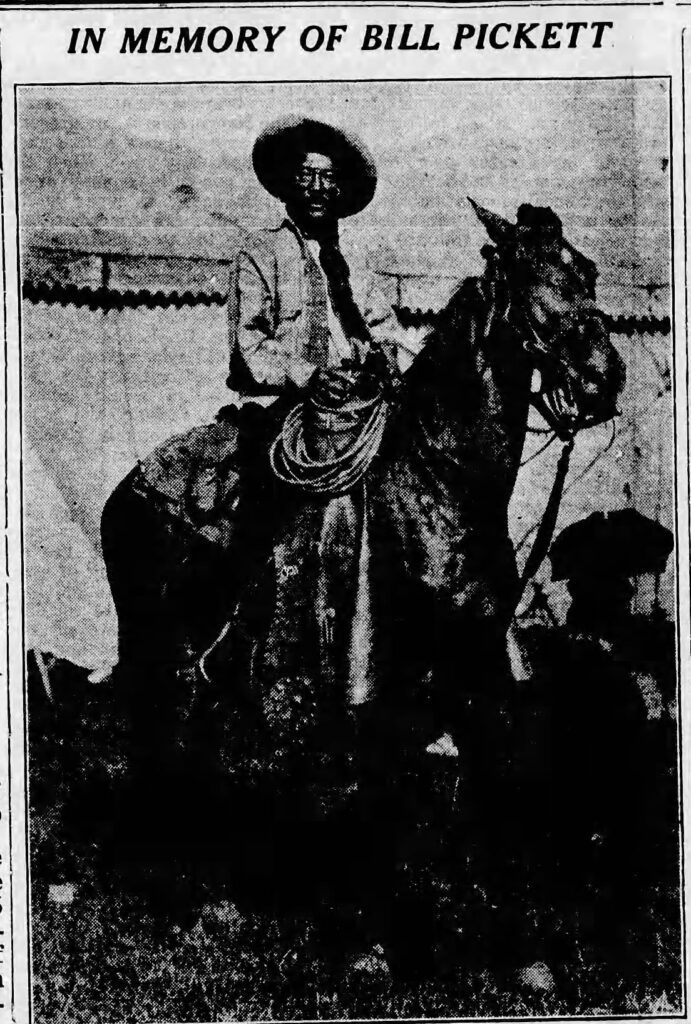
American Rodeo Gallery at The Cowboy
Bill Pickett is featured in the American Rodeo Gallery at the National Cowboy & Western Heritage Museum. Pickett’s well-worn Western Stock Saddle is Texas-style with square skirts and double rigging ornamented with floral and oak-leaf motifs.
Philip “Jay” O’Meilia’s bronze, Bill Pickett, The Original Bulldogger was commissioned by the 101 Ranch Foundation to honor of Pickett’s induction into the National Rodeo Hall of Fame at The Cowboy.
The Bull-Dogger movie poster features Bill Pickett in a red shirt and yellow wild rag. Click HERE to see a short clip from the film.
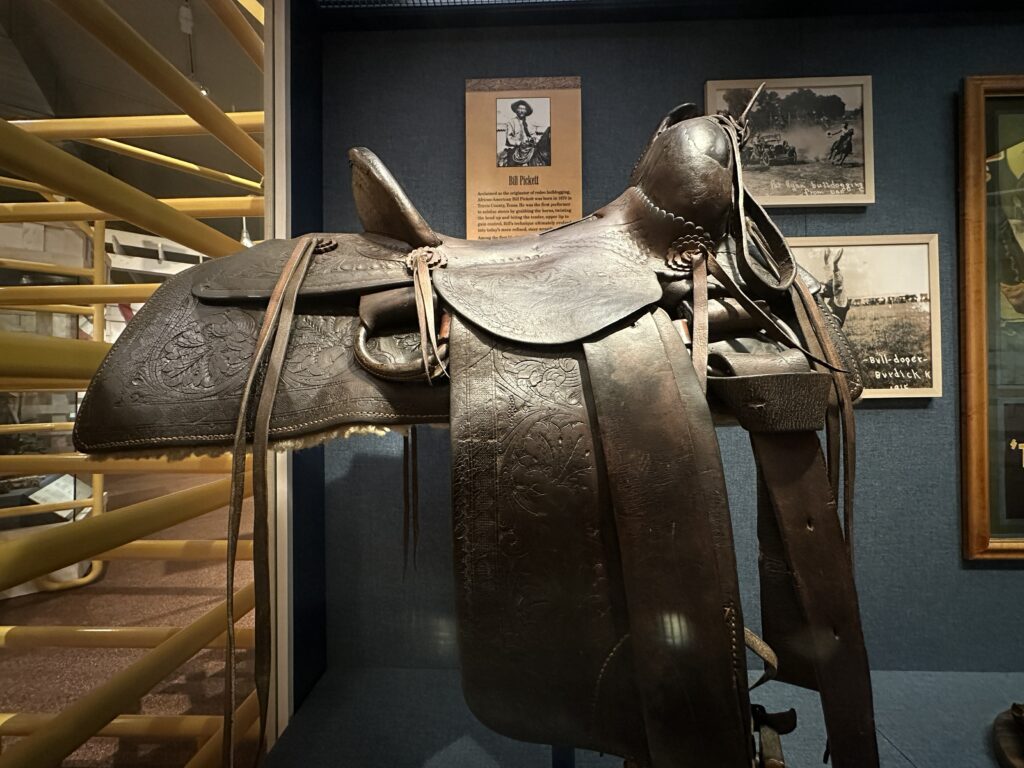
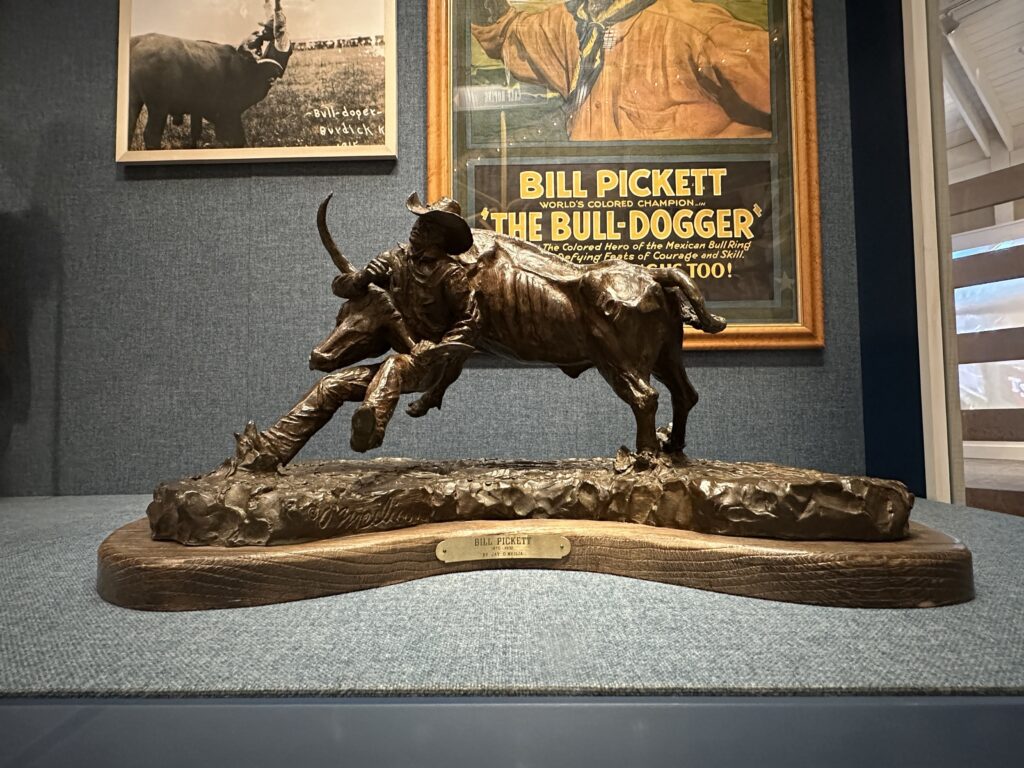
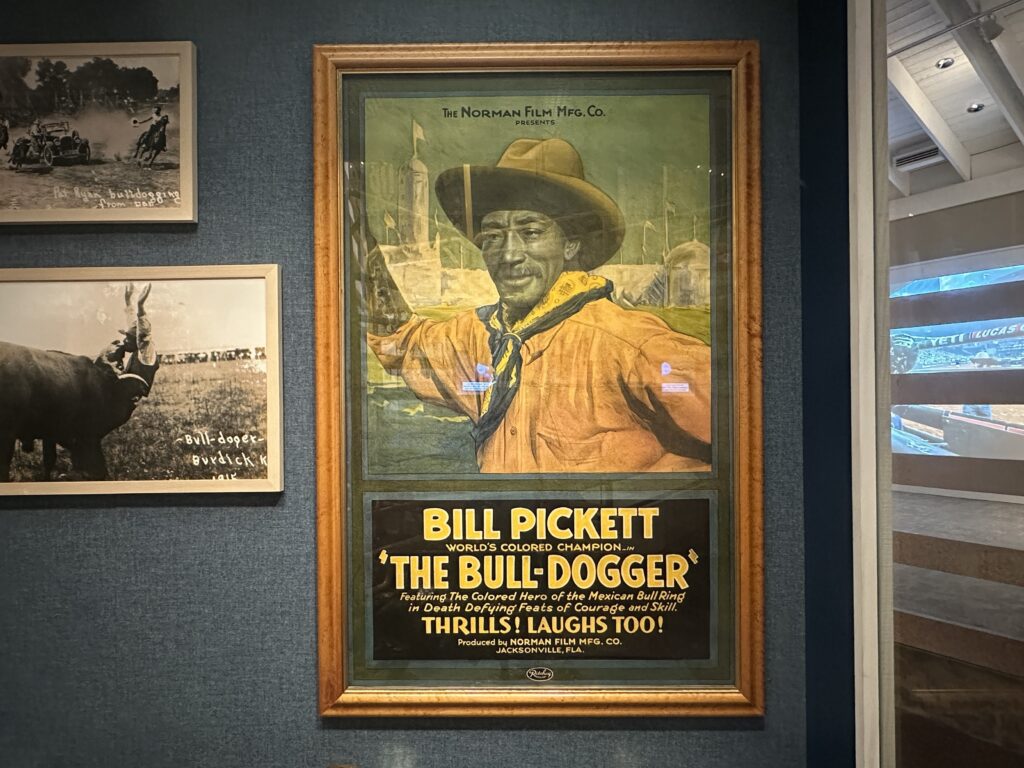
Concluding Thoughts
We hope you enjoyed learning about Bill Pickett’s story and loved it as much as we did. Visit the new exhibition “Black Cowboys: An American Story,” to learn more stories about African Americans in the West. This exhibition will be open through January 2, 2024.*
I hope you’ll join me further down the trail as we continue learning the stories of the American West at The Cowboy!
*Black Cowboys: An American Story was developed by the Witte Museum, San Antonio (WitteMuseum.org). The exhibition is presented by Bank of America and generously supported by the John L. Santikos Charitable Fund of the San Antonio Area Foundation, H-E-B and Ed Rachal Foundation.
Interested in learning more about African American history in the West? Check out these books from Persimmon Hill store at The Cowboy!
Colonel Bailey C. Hanes, “Bill Pickett: Bulldogger.”
Lillian Schlissel, “Black Frontiers: A History of African American Heroes in the Old West.”
Sources
Secondary Sources
Websites
“Bill Pickett,” National Rodeo Hall of Fame, National Cowboy & Western Heritage Museum.
“Bill Pickett,” ProRodeo Hall of Fame.
Diana Everett, “Pickett, William (ca. 1870-1932),” The Encyclopedia of Oklahoma History and Culture.
“The Bill Pickett Incident,” Smithsonian National Postal Museum.
Primary Sources
“The Bull-Dogger,” Norman Studios.
Newspapers
“Bulldogging in Mexican Area Was Nearly Cause of Pickett’s Death,” The Ponca City News (Ponca City, Oklahoma), April 4, 1932.
“Bill Pickett Injured; Is At Hospital Here,” The Ponca City News (Ponca City, Oklahoma), March 23, 1932.
“In Memory of Bill Pickett,” The Black Dispatch (Oklahoma City, Oklahoma), July 2, 1932.
Photos
“Bill Pickett,” Tad S. Mizwa Collection, Dickinson Research Center, 2001.036.012.
“Black cowboy Bill Pickett, bulldogging in Phoenix, Ax.[sic] at Eastpark Arena May, 1905,” John Santangelo Collection, Dickinson Research Center, 1994.010.0002.
“Black cowboy Bill Pickett, bulldogging at Phoenix, Az. Eastpark Arena May, 1905,” John Santangelo Collection, Dickinson Research Center, 1994.010.1954.
“The Bull-Dogger,” Glenn D. Shirley Western Americana Collection, Dickinson Research Center, RC2006.067.2.01563.
Objects in the American Rodeo Gallery
“Bill Pickett, The Original Bulldogger.” Philip “Jay” O’Meilia, 1975, Bronze. National Cowboy & Western Heritage Museum. 1975.25.
“Movie Poster.” Ritchey Litho Co., 1923. National Cowboy & Western Heritage Museum. 83.23.
“Western Stock Saddle.” Miles City Saddlery, circa 1910. National Cowboy & Western History Museum. 83.5.5.
